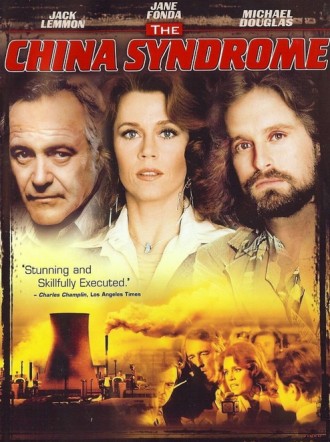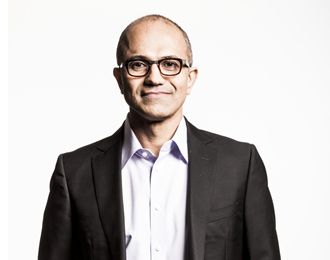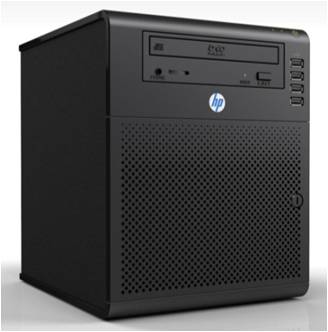 Qualcomm is facing a little trouble in Big China as it is starting to look like its antitrust investigation is going pear shaped. Meanwhile problems collecting royalties could harm its business in China next year.
Qualcomm is facing a little trouble in Big China as it is starting to look like its antitrust investigation is going pear shaped. Meanwhile problems collecting royalties could harm its business in China next year.
To make matters worse it is facing similar investigations in the United States and Europe.
Qualcomm should be making a large profit in China. The country is expanding high-speed 4G network is driving demand for smartphones with leading-edge technology.
But it looks like Qualcomm could face a fine of more than $1 billion in China as a result of the National Development and Reform Commission (NDRC) investigation, and the company could be forced to make concessions that would hurt its highly profitable business of charging royalties on phones that use its patents.
Qualcomm admitted that it faces a new probe by the European Commission about rebates and other financial incentives in the sale of its chips. Another preliminary investigation by the U.S. Federal Trade Commission concerns a potential breach of licensing terms.
Qualcomm President Derek Aberle said that his company was co-operating with the Chinese to come up with potential ways to resolve the problem.
Qualcomm has also been struggling to collect licensing revenue from some device makers in China, including local manufacturers the US chipmaker has done little or no business with in the past.
But the fear is that concessions on royalties that Qualcomm is forced to make in China could spread to manufacturers in other countries.
Qualcomm said it was difficult to predict the outcome of the U.S. and European investigations.
The European probe is separate from a four-year-old complaint to the European Commission from a subsidiary of Nvidia over alleged patent-related incentives and exclusionary pricing by Qualcomm.
Qualcomm forecast revenue for fiscal 2015 of between $26.8 billion and $28.8 billion. Analysts on average expected $28.91 billion.
The chipmaker reported revenue of $6.69 billion for its fiscal fourth quarter, ended Sept. 28, up 3 percent from the year-ago period. Analysts on average had expected $7.016 billion.
Qualcomm posted fourth-quarter net income of $1.89 billion, up 26 percent from a year ago.



















